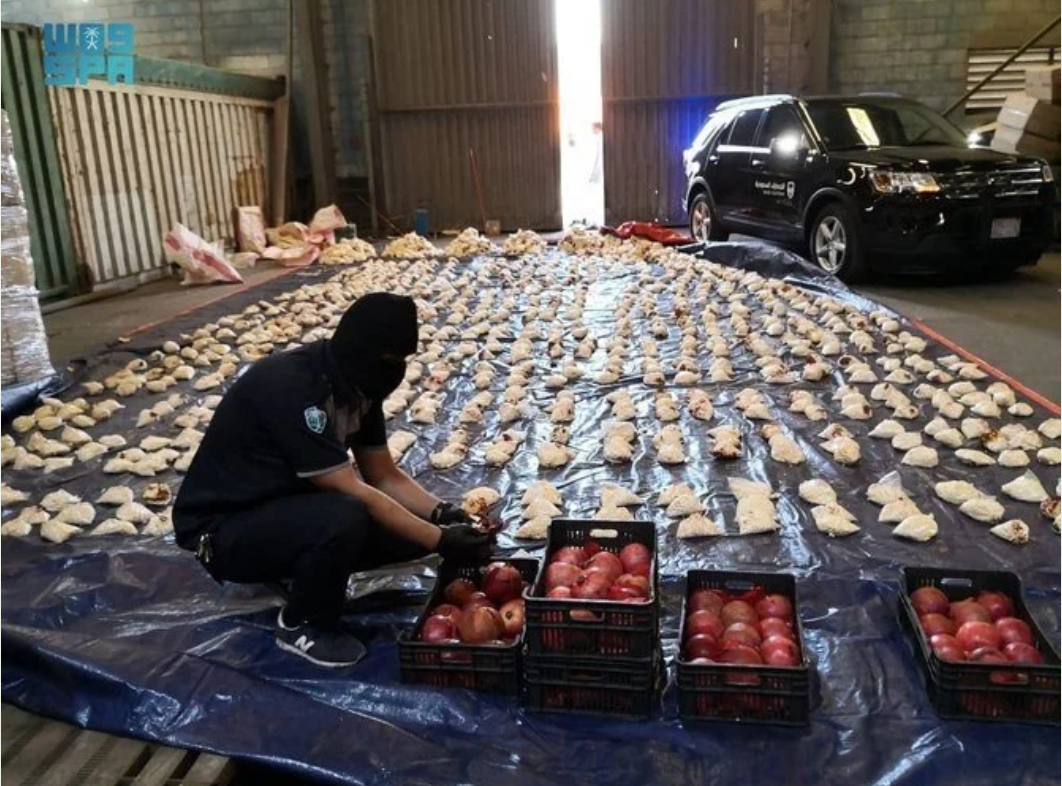Syria Avoids Regional Cold Shoulder Despite Captagon Drug Trade
Syria’s drug trade has become one of the country’s most complex and pressing issues. The illicit trade has fueled violence and instability within the country and has also had a negative impact on neighboring countries. Despite this, Syria has avoided a regional cold shoulder, thanks in part to its strategic location and its ability to play a key role in the fight against terrorism.
The Captagon Drug Trade
Captagon is a stimulant drug that has been used in the Middle East for decades. The drug is often used by fighters to enhance their performance in battle. In recent years, Captagon trafficking has increased significantly in Syria. The drug is now being produced in Syria and then smuggled into neighboring countries. Captagon trafficking has contributed to the rise of violence in Syria and has also fueled corruption and instability in the region.
The United Nations Office on Drugs and Crime (UNODC) has estimated that Syria is now the world’s largest producer of Captagon. The drug is being produced in laboratories in Syria and then smuggled into neighboring countries. Captagon trafficking has become a major source of income for the Syrian regime and has also contributed to the rise of armed groups in the country.
The international community is concerned about the increasing production and trafficking of Captagon from Syria. The United States and other countries have imposed sanctions on Syria in an effort to stop the drug trade. However, these sanctions have had little impact so far. Captagon trafficking continues to flourish in Syria and is a major source of revenue for the regime.
Regional Perspectives
The Captagon drug trade has had a negative impact on Syria’s neighbors. The drug has fueled violence and instability in Lebanon, Jordan, and Iraq. It has also contributed to the rise of armed groups in these countries.
Syria’s neighbors are concerned about the Captagon drug trade and are taking steps to combat it. Lebanon has deployed troops to the border with Syria to prevent the smuggling of Captagon. Jordan has also increased security measures at its border with Syria. Iraq has arrested several Captagon traffickers and has seized large quantities of the drug.
The Future of the Drug Trade
The future of the Captagon drug trade in Syria is uncertain. The drug trade is a major source of revenue for the regime, and it is unlikely that the regime will take steps to stop it. However, the international community is putting pressure on Syria to combat the drug trade. It remains to be seen whether the regime will be able to resist this pressure and continue to profit from the Captagon drug trade.
The Captagon drug trade is a complex and dangerous issue. It has had a negative impact on Syria and its neighbors. The international community is working to combat the Captagon drug trade, but the future of the drug trade in Syria is uncertain.
Conclusion
The Captagon drug trade is a serious problem that has destabilized Syria and the surrounding region. Syria’s drug trade is a major source of revenue for the regime and has contributed to the rise of armed groups. The international community is concerned about the Captagon drug trade and is working to combat it. However, the future of the drug trade in Syria is uncertain.

